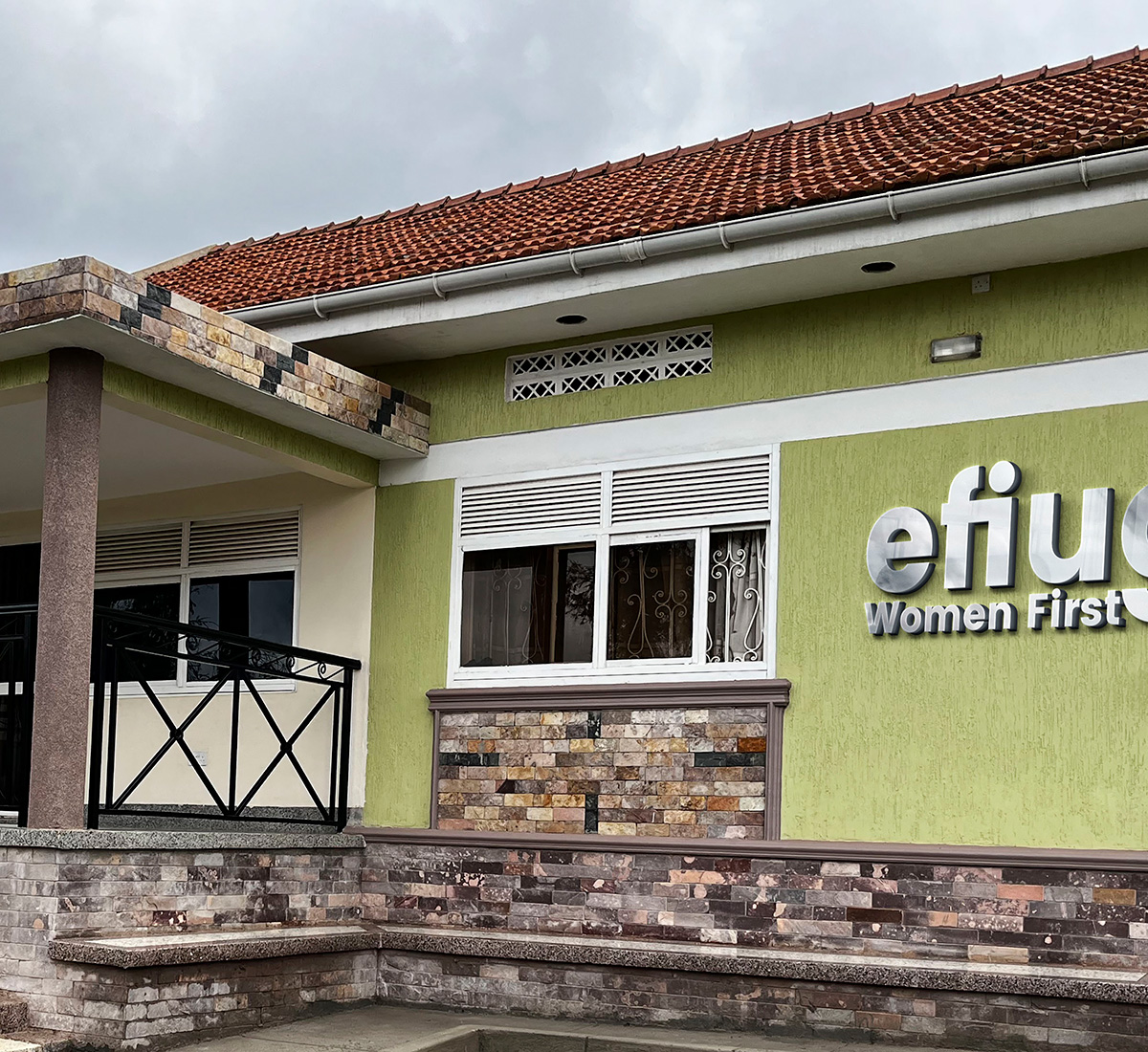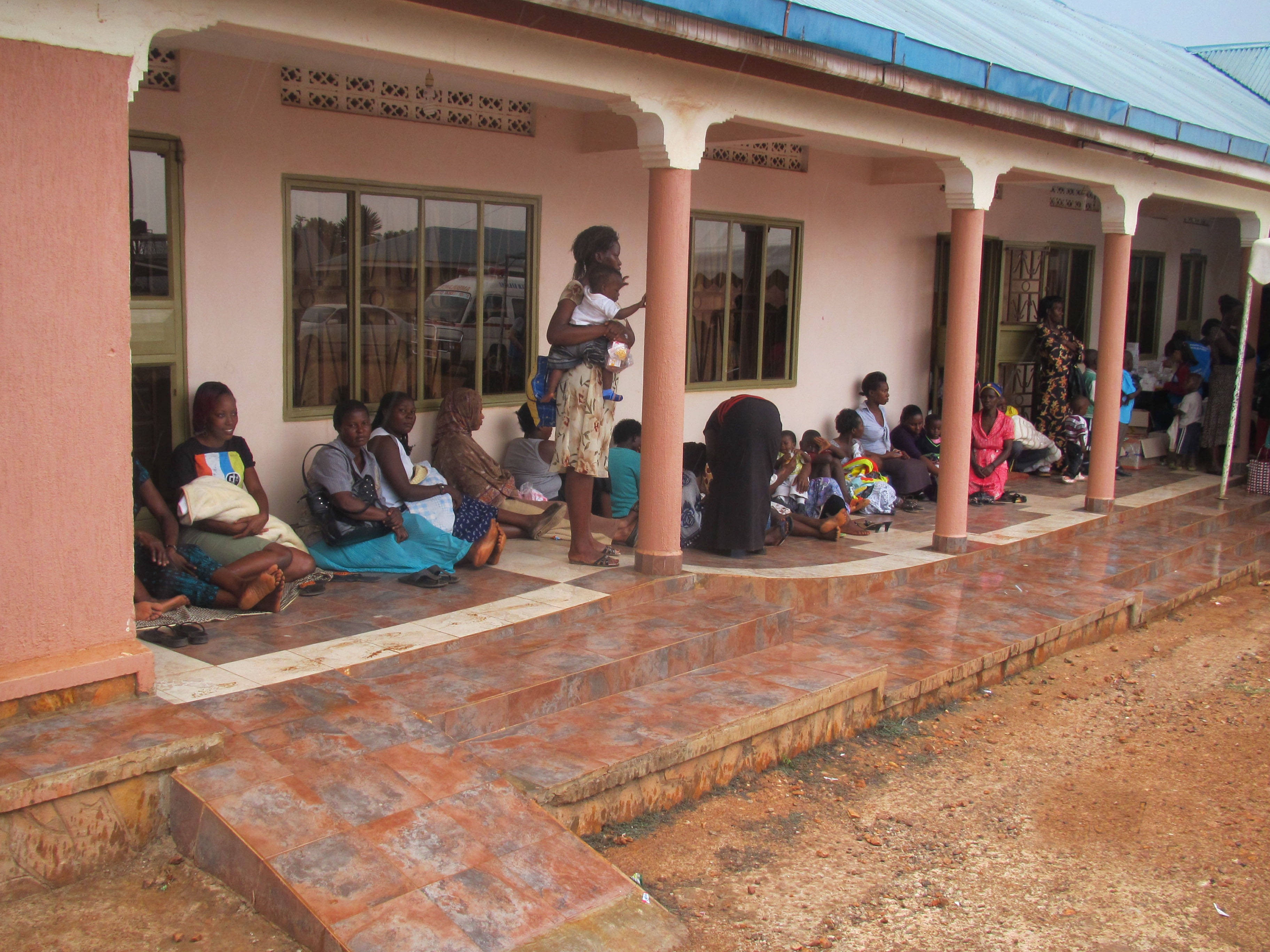Survivor Centered Spaces
Survivor-centered spaces provide crucial opportunities for survivors of gender-based violence to thrive and recover. These spaces are transformative and play a pivotal role in improving the lives of women, their children, and partners.
From the pan, into the fire!
If each community in had a Survivor - Centered space where women and girls could turn to - violence against women and girls would be a myth.
Survivor centered spaces contribute to early reporting of cases, early detection of violence and provision of tailored emergency and non-emergency support services to women and girls in communities. Evidence shows low reporting ov SGBV cases in Uganda caused by innadequate systems, corruption and culture among others.
Our Community Groups are a tested tool to supporting preventive and protective measures for women including mere story sharing that opens up and some times escallates support. efiug survivor centered spaces are managed by community hubs with support from the secretariat and extensive training for Women Empowerment officers to extend capacity building and support services for community women and actors. The limited resources are currently allowing efiug to only host 2 to 4 survivors at every shelter while up to 6 can receive psycho-social support services at the hubs.
A need-to-know about Survivor Centered Spaces
In an environment where the state is directly implicated in acts of sexual and gender-based violence, civil society organizations (CSOs) become a, if not the, most vital actor for delivering a survivor-centered approach.
Please note that Civil society space can also be used as a “dumping ground” where much responsibility is placed on their shoulders, and they are denied access to the formal political sphere to enact structural change and transformative justice
What Works to end VAWGs
Over the last two decades, VAWG- prevention practitioners and researchers have been developing and testing interventions to stop violence from occurring, in addition to mitigating its consequences. The evidence base now shows that we can prevent VAWG through a range of interventions, within programmatic timeframes. Globally, there is also a growing consensus around ‘what works’ – the critical elements required for effective VAWG prevention.
Read the Report
Where We Stand: Safety for Development
We focus on women and girls safety and ensure that their full potential is realised.
Take Action
There are lots of ways to get involved with efiug’s work to advance equity. Together, we can make a difference in the lives of women and girls.

